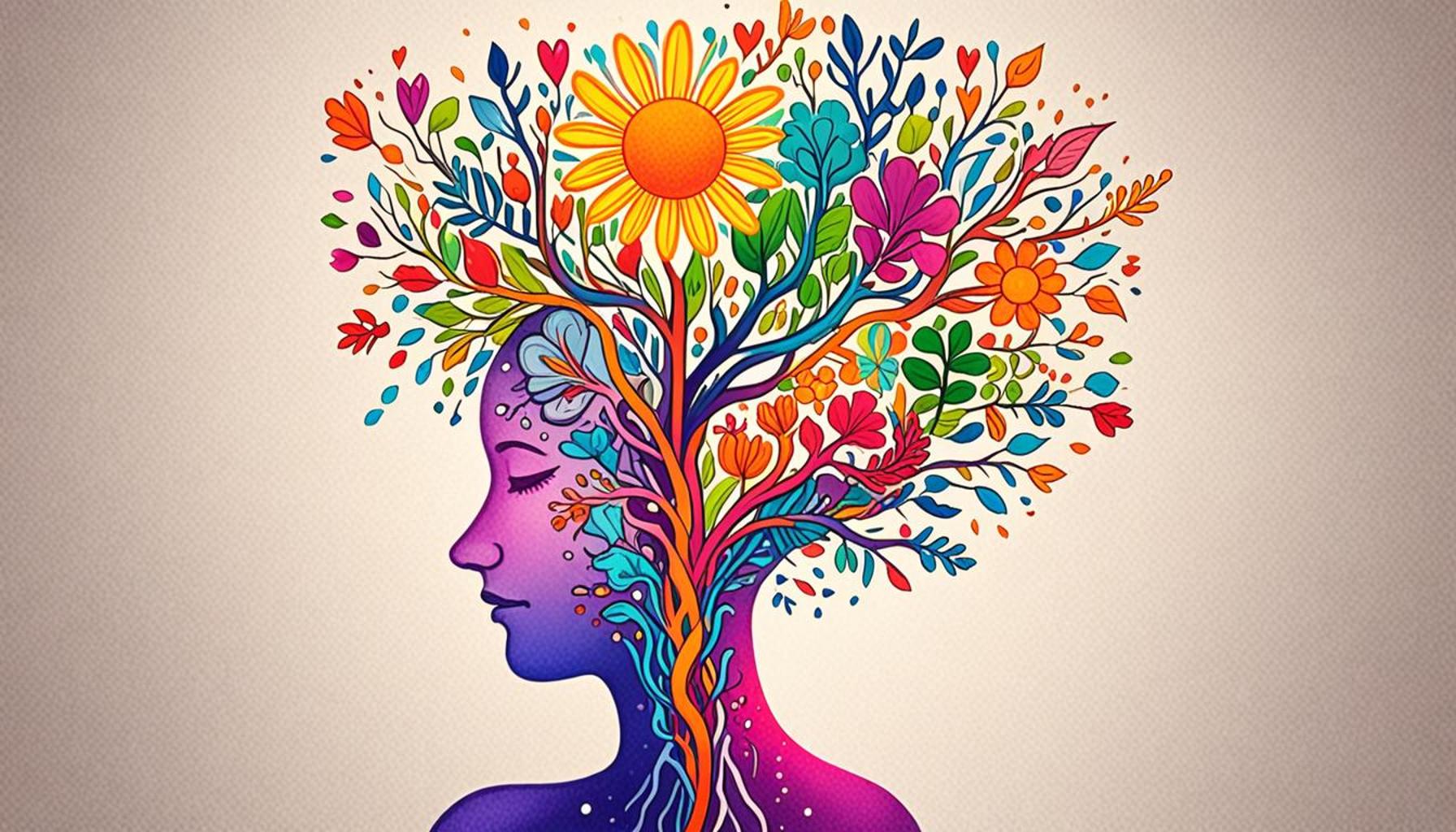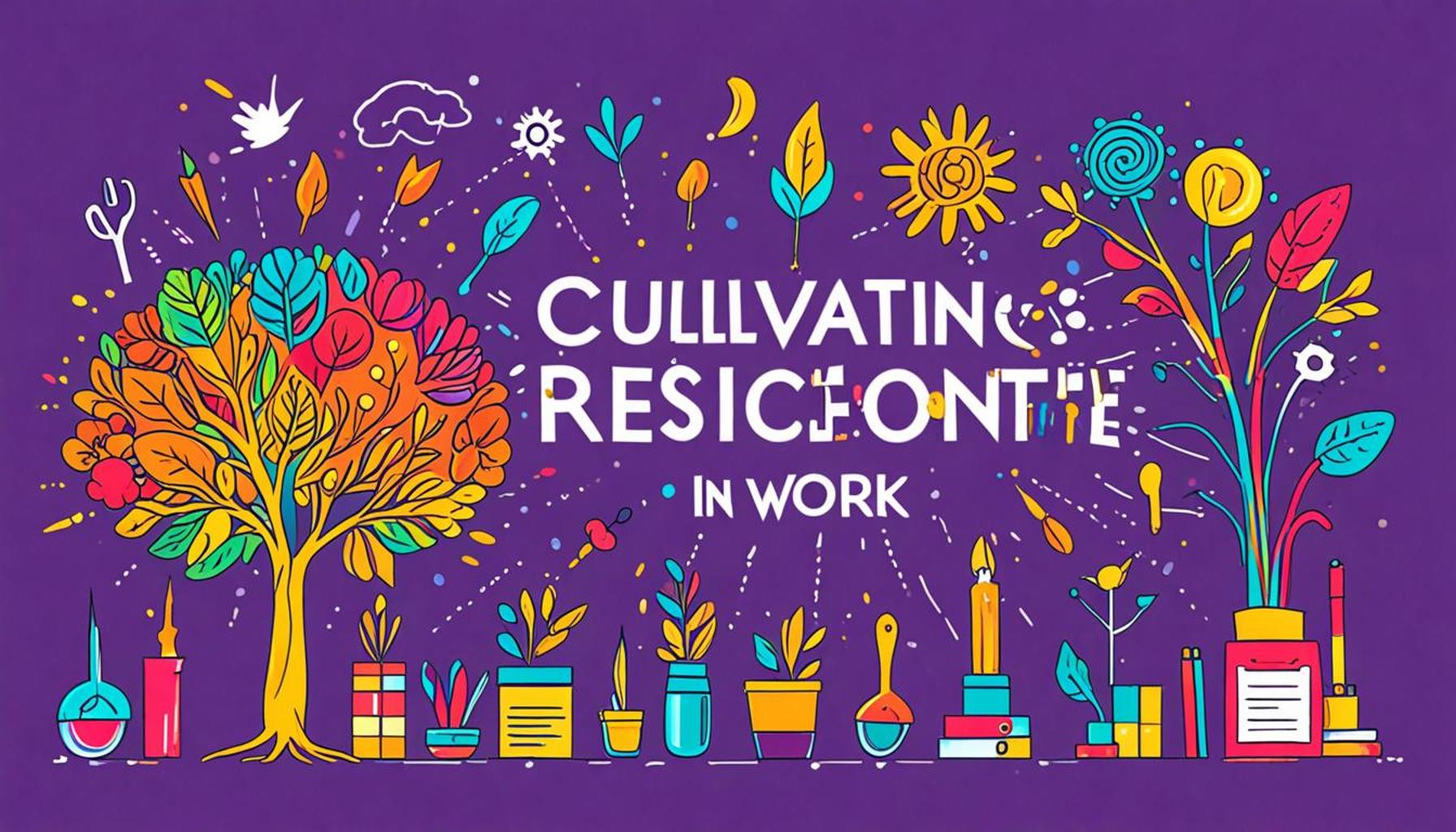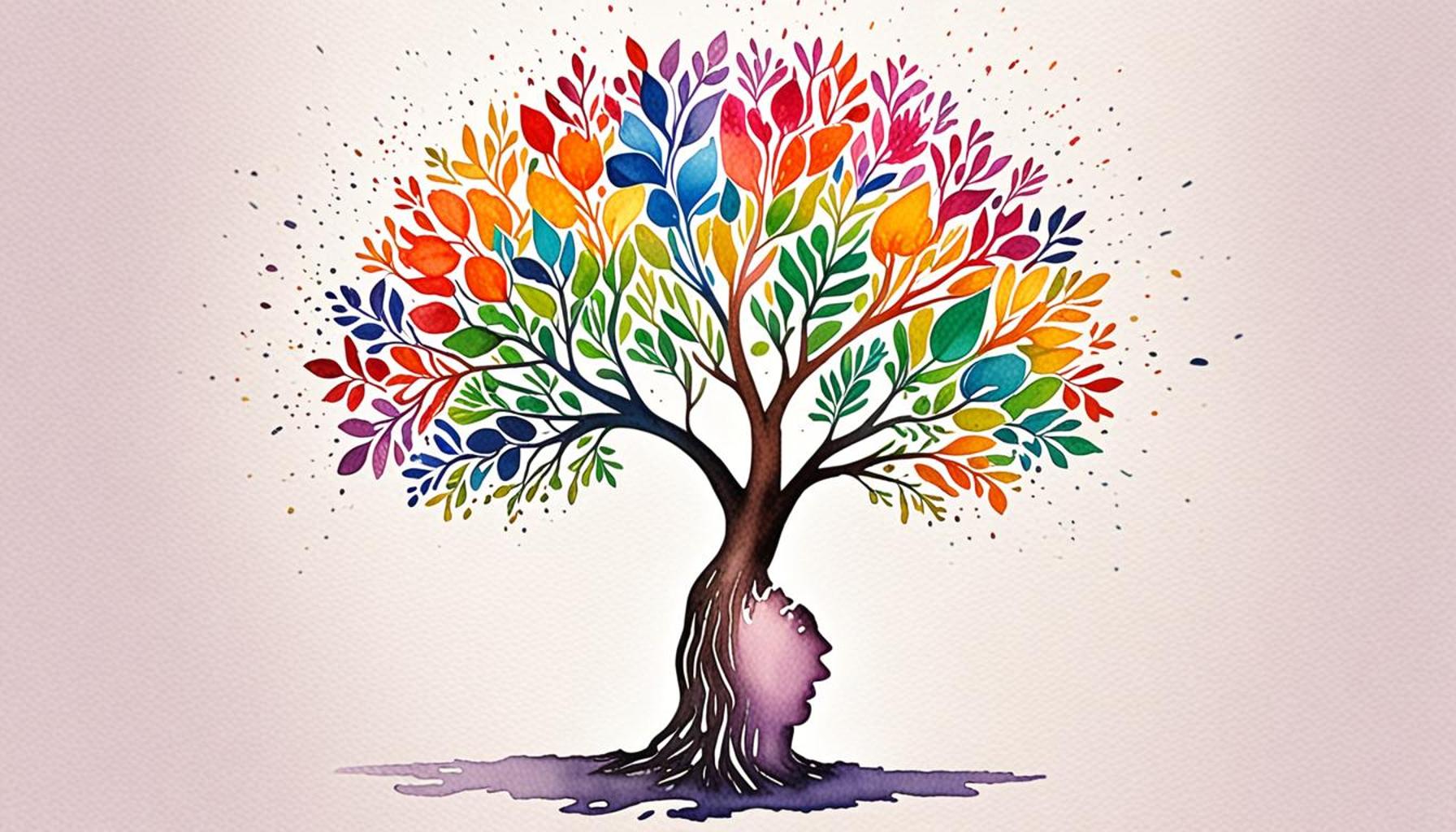Growth Mindsets Role in Overcoming Challenges in Nigerian Communities

The Significance of a Growth Mindset
In a world marked by rapid change and unpredictable challenges, the concept of a growth mindset emerges as a powerful tool for resilience. Particularly within Nigerian communities, embracing this mindset can foster innovation, enhance problem-solving skills, and promote collaboration. By focusing on personal development and adaptability, individuals can transform obstacles into opportunities for progress.
Why This Matters
The relevance of a growth mindset cannot be understated, especially in regions grappling with unique socioeconomic issues. When community members adopt this mentality, they are better equipped to tackle challenges related to education, health, and economic stability. This article will explore practical techniques and the tangible benefits of fostering such a mindset.
Get Ready for Insights
As we delve deeper, you will discover the top 5 strategies that exemplify how a growth mindset can lead to success and empowerment in Nigerian communities. These insights are not only applicable locally but can also resonate globally, inspiring action and change.
CHECK OUT: Click here to explore more
Top 5: The Importance of Growth Mindset in Overcoming Challenges in Nigerian Communities
In Nigeria, communities are confronted with a diverse array of challenges ranging from economic instability to educational disparities. A powerful tool for overcoming these barriers is adopting a growth mindset. This mindset influences how individuals perceive and respond to challenges, offering profound implications for resilience and progress. Below, we explore the top five aspects demonstrating the significance of a growth mindset in cultivating resilience and advancement in Nigerian communities.

5. Educational Advancement through Resilience
Education forms the backbone of development in any society, acting as a beacon for progress and enlightenment. In Nigeria, the education sector faces enormous constraints, such as insufficient infrastructure and limited access to learning materials. By fostering a growth mindset, individuals perceive these educational setbacks as opportunities for development rather than insurmountable failures. For instance, a student lacking adequate textbooks might engage more intensely with available resources, leveraging community libraries or digital materials.
Moreover, educators who embody a growth mindset become role models, inspiring their students to embrace risks and view learning as a perpetual journey. Celebrating effort and determination over innate talent creates a nurturing environment where curiosity and resilience are encouraged. Take for instance teachers who integrate problem-based learning, encouraging students to explore real-world problems. This method does not only impart knowledge but empowers students with problem-solving skills crucial for academic and community life.
4. Economic Empowerment via Innovation
Nigerian communities often rely on small businesses as pivotal economic lifelines. In this landscape, possessing a growth mindset becomes crucial for entrepreneurial success. Entrepreneurs who learn to welcome challenges and see failures as stepping stones are more adept at innovating and adapting to market fluctuations. Consider the burgeoning tech hubs in Lagos, where startups are revolutionizing sectors like finance and logistics through creative solutions.
This enterprising spirit spurs the creation of new products and services that can profoundly benefit the community. For example, a local artisan, through iterative product development, may transform a simple craft into a widely demanded export. Such ventures uplift individual families and contribute to a vibrant economic ecosystem benefitting the community at large. Thus, a growth mindset fuels economic empowerment, charting a path for societal advancement through sustainable innovation.
3. Strengthening Social Cohesion
A growth mindset extends beyond personal development, playing a critical role in fortifying social cohesion. In multifaceted communities with diverse cultural backdrops, fostering a collective growth mindset can unify individuals toward mutual goals. Emphasizing collective efforts and shared support builds a robust sense of belonging and reinforces community ties.
Community programs that champion collaboration prove essential in nurturing this perspective. Initiatives like community gardens or cooperative markets encourage individuals to pool resources and knowledge. They provide platforms for shared experiences that fortify resilience. When challenges occur, communities that see these as communal issues rather than individual burdens are better equipped to navigate adversity.
2. Empowering Youth Leadership
The youth are the vanguard of future societal change. Encouraging a growth mindset among young people empowers them to develop crucial leadership skills. By urging young individuals to accept challenges, learn from failures, and stay persistent, communities arm them with the tools necessary for effective leadership.
Various organizations in Nigeria are increasingly promoting mentorship programs which underscore the importance of a growth mindset. These initiatives not only facilitate self-confidence building but also inspire youth to tackle the difficulties facing their communities proactively. Young leaders emerge as catalysts for change, illustrating the importance of resilience and creativity. For example, young tech innovators have been pivotal in addressing local challenges, from creating educational apps to developing agricultural technologies.
1. Transforming Mindsets to Transform Communities
The unparalleled significance of a growth mindset in transforming Nigerian communities is indisputable. Shifting cultural attitudes from fixed perceptions of abilities to dynamic growth potential unlocks an abundance of latent talent and capability. Communities that adopt this transformative mindset foster a culture of learning and flexibility, critical for addressing the country’s multifaceted challenges.
Grassroots movements that focus on personal and communal development are essential in steering societal progress. Consider the rise of educational and entrepreneurship centers that provide training and resources for local inhabitants. These hubs cultivate a growth-centric environment steering individuals towards continuous improvement and social responsibility.
Ultimately, cultivating a growth mindset can empower individuals, enhance educational and economic opportunities, and strengthen social ties. By actively endorsing these values, Nigerian communities can inspire future generations to engage with challenges positively and creatively, setting the stage for a more promising and sustainable future.
This broader capacity for resilience and adaptation promises not only to bolster personal achievements but to collectively transform entire communities, paving the way for an enriched and empowered Nigerian society.
| Category | Description |
|---|---|
| Empowerment through Education | Education provides individuals with the knowledge and skills needed to tackle challenges. It fosters a growth mindset, enabling community members to face obstacles with resilience and adaptability. |
| Community Collaboration | Working together amplifies resources and support. A collaborative environment encourages sharing knowledge, thereby reinforcing the idea that success can be a collective endeavor. |
| Cultural Resilience | Nigerian communities have a rich tapestry of cultures that promote resilience. Embracing these cultural strengths nurtures a mentality of perseverance, crucial for overcoming societal challenges. |
| Innovation in Problem-Solving | Adopting a growth mindset fosters innovation and creative solutions to problems. This approach encourages individuals to view challenges as opportunities for development and progress. |
Incorporating the principles of a growth mindset into various aspects of life helps individuals and communities in Nigeria not only tackle immediate challenges but also prepares them for future obstacles they may encounter. The power of education stands out as a critical factor that can reshape attitudes and instigate positive change. By fostering critical thinking and adaptability, education encourages individuals to embrace learning as a lifelong endeavor.Moreover, collaboration within the community leads to enhanced resource sharing and support systems. When individuals work together, they can brainstorm innovative solutions and provide emotional support during difficult times. The essence of community can serve as an anchor that enables individuals to thrive amid adversity.Cultural resilience plays a significant role in shaping how challenges are perceived and handled. Nigeria’s diverse cultural heritage offers multiple perspectives and strategies for overcoming hardships, promoting a narrative of strength and adaptability. By tapping into these cultural resources, communities can build a positive identity that motivates individuals to persist.Finally, encouraging a mindset of innovation transforms setbacks into stepping stones toward progress. Individuals are inspired to think outside the traditional boundaries, often leading to groundbreaking initiatives that propel community growth. Embracing challenges as chances for improvement not only uplifts individual spirits but also significantly enhances the collective well-being of Nigerian communities.
SEE ALSO: Click here to read another article
Frequently Asked Questions About the Growth Mindset in Nigerian Communities
What is a growth mindset and how does it differ from a fixed mindset?
A growth mindset is the belief that abilities and intelligence can be developed through dedication and hard work. This contrasts with a fixed mindset, where individuals perceive their talents as static, believing they cannot change or develop them further. In Nigerian communities, embracing a growth mindset can empower individuals to overcome societal and economic challenges by fostering resilience and creativity.
How can a growth mindset benefit Nigerian communities facing challenges?
Adopting a growth mindset can help transform the way communities approach problems. By believing in the potential for improvement and innovation, communities can develop strategies to tackle issues like unemployment, educational barriers, and technological access. This proactive approach can lead to sustainable development and empowerment, changing the narrative from one of limitation to possibility.
Are there any examples of Nigerian communities that have successfully adopted a growth mindset?
Yes, there are instances where Nigerian communities have excelled by nurturing a growth mindset. For example, collaborations between local entrepreneurs and tech hubs in places like Lagos have led to significant advancements. These communities have thrived by embracing change and education, proving that a growth mindset can drive progress and success even in the face of adversity.
What initiatives are in place to promote a growth mindset among Nigerians?
There are several initiatives that focus on educational reform, entrepreneurship, and leadership development. Many NGOs and international partners are working to instill a culture of continuous learning and innovation. Educational platforms and programs aimed at youth empowerment and skill development are intended to ignite a growth-oriented culture across the nation.
How can individuals contribute to fostering a growth mindset in their communities?
Individuals can lead by example by engaging in lifelong learning and encouraging others to embrace challenges as opportunities for growth. By supporting educational initiatives, volunteering in mentorship programs, and promoting open dialogues about change, people can help shift community perspectives towards a growth mindset and build a foundation for future achievements.
YOU MAY ALSO LIKE: Read this other article
Conclusion: The Power of Growth Mindset in Nigerian Communities
In exploring the importance of a growth mindset in overcoming challenges within Nigerian communities, it’s evident that this approach fosters resilience and transformation. By embracing the belief that abilities and intelligence can be developed through dedication and hard work, individuals and communities are better equipped to navigate and surmount the myriad of obstacles they face.
One of the key takeaways from this discussion is that the growth mindset empowers individuals by shifting focus from limitations to potential. Communities in Nigeria that adopt this mindset are more likely to engage collectively in finding innovative solutions to problems, thereby enhancing educational attainment, economic development, and social cohesion.
Additionally, the application of growth mindset techniques—such as setting challenging goals, maintaining persistence in the face of setbacks, and valuing the process of learning—provides a robust framework for personal and communal development. This paradigm shift from a fixed mindset to a growth-oriented outlook encourages adaptability and promotes a culture of continuous improvement, essential for dealing with societal and economic challenges.
The influence of role models, active participation in community initiatives, and supportive environments further strengthen the growth mindset in these regions. By creating spaces where individuals are encouraged to experiment, fail, and try again, communities cultivate resilience and drive progress.
Ultimately, the integration of a growth mindset within Nigerian communities promises not just personal advancement but collective evolution. As individuals learn to perceive challenges as opportunities for growth, they pave the way for a brighter and more sustainable future for all. Encouraging research and dialogue in this area can provide deeper insights, offering new perspectives and solutions for communities worldwide.



